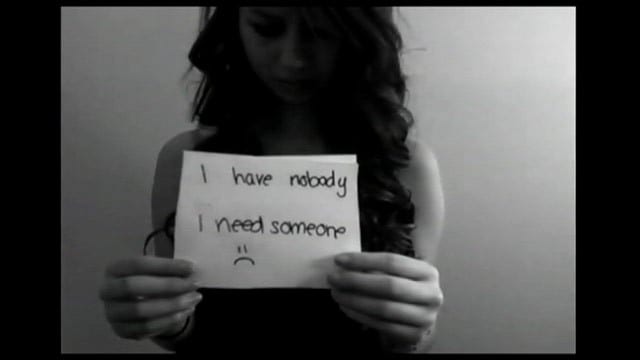 I don’t need to tell you about the Amanda Todd tragedy. All I can say is that when these high profile stories hit the media, it is an opportunity for parents to sit down with their kids and find some teachable moments woven within the tragedy.
I don’t need to tell you about the Amanda Todd tragedy. All I can say is that when these high profile stories hit the media, it is an opportunity for parents to sit down with their kids and find some teachable moments woven within the tragedy.
I sat down with my tweens and watched the video – and here is my advice about having the conversation:
1) Before giving them information, ask them what they already know. Even if your kids are not on Facebook or into texting friends, their peers are talking. Find out what they already know and use that as a springboard for your conversation.
2) Don’t shy away from the tough conversations. If you deliver the information, it means you control the message and can present it in an age appropriate way. By talking to them, you are showing that you are open to hard conversations. It allows you to be the one to field their tricky questions.
3) Within the Amanda Todd YouTube video, there is opportunity to talk about many issues that kids face: suicide, stalking, cutting and even sexism. My daughter asked why a 13-year-old girl would “flash.” It’s a good question. Why do young girls want to appear desirable to manipulative creeps? What pressure are our girls facing?
What other parenting lessons are there in this story?
- Listen to your kids, even the small stuff. If they feel that you care about the little things, they’re more likely to talk to you about the bigger stuff.
- Teach them that difference is good. Be sure your family is embracing and celebrating all the wonderful differences in people.
- Be a good role model. Don’t bully people in the community. Act with kindness and patience and your children will too.
- Remind them of the power of the bystander. This applies online as well. If they see something happening, they should not visit the page but instead, unlike, unfriend, block and report. By participating in any other activity, they are a contributing bully.
- Make practical decisions about when your kids are ready to be online. Facebook allows 13-year-olds to register, but Facebook is not the parent. Make sure your kids are ready developmentally, are mature enough to handle the responsibility and that they have been trained in internet safety. They need to understand that everything out there is permanent, they can’t trust the delete button, and images and words are like a tattoo that will be with them forever. Currently at our house, children are not entitled to online privacy.
- Not comfortable in the online space? Get comfortable. If your kids are going to be there, you had better be too.
No one said this parenting gig would be easy, but certainly some weeks are harder than others. Did you talk to your kids about this tragedy? How did you deliver the information and how was it received?






